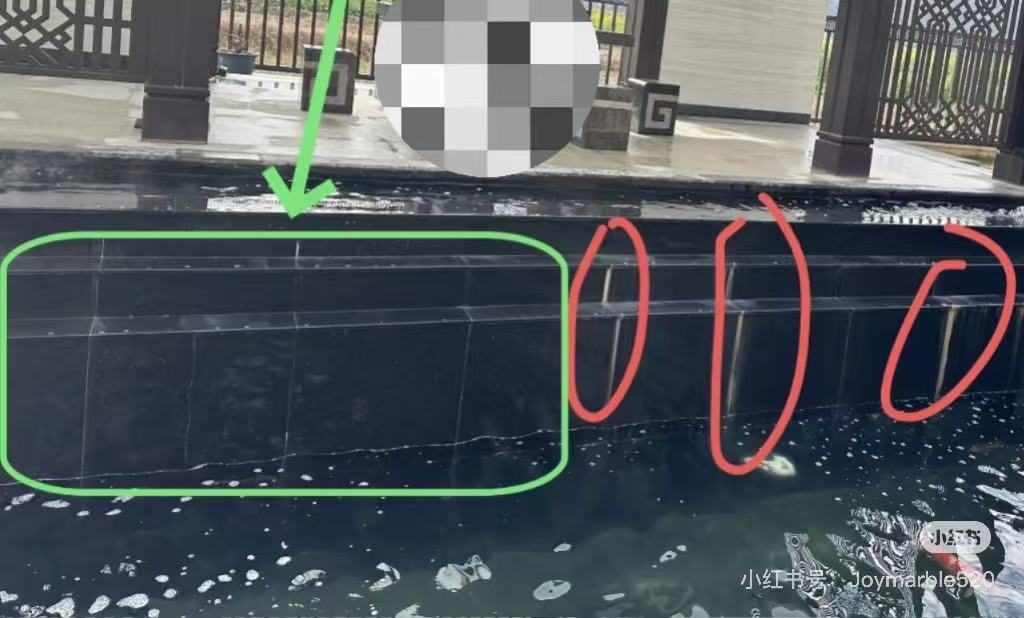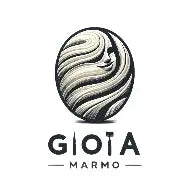
Are Anti-Efflorescence Products an "IQ Tax"? A Real Case Reveals the Science Behind Hanstone 130
Share
“Are anti-efflorescence products just an ‘IQ tax’?” This question haunts many homeowners. Let’s uncover the truth through a real-world case!
💧 Pool Renovation Disaster
Late last year, a homeowner purchased two buckets of Hanstone 130 Anti-Efflorescence Additive to build a backyard fish pond. Initially, workers followed the manual’s 1:2 mixing ratio (additive:water), resulting in perfectly smooth, efflorescence-free tiles.
⚠️ But during the second half, workers diluted the ratio to 1:4 (more water!) to save material. Just after the New Year, the homeowner urgently reported: no efflorescence in the first half, but white streaks appeared in the diluted section within 10 days!
🔬 Experimental Results
Identical materials, same environment—only the mixing ratio differed:
-
✅ 1:2 Ratio: The additive fully penetrated the cement layer, blocking alkali migration. Tiles remained pristine.
-
❌ 1:4 "Cost-Saving" Ratio: Diluted additive failed to form a protective barrier. Alkali substances erupted, especially in water-rich areas (ponds, pools).
💡 Hanstone 130 Is Not a Scam! Science Matters!
The additive’s active ingredients react with cement to lock in alkali substances and create an anti-efflorescence barrier. Insufficient concentration = weak defense, inviting efflorescence!
📝 Critical Guidelines to Avoid Pitfalls
1️⃣ Strict Mixing Ratio: 1 part additive + 2 parts water—no shortcuts!
2️⃣ Uniform Application: Apply ≥5mm thickness to the back of tiles/stone to fully block alkali from the base layer.
3️⃣ Zero Tolerance for Laziness: Reject workers’ “close enough” mindset!
🌟 Real User Feedback
After redoing the flawed section properly, the homeowner said: “Followed the instructions, and efflorescence vanished! Worth every penny!”
👉 Conclusion
Anti-efflorescence isn’t luck—quality products + proper execution = no more “alkali shame”! Hanstone 130 proves its value with science, debunking the “IQ tax” myth.
